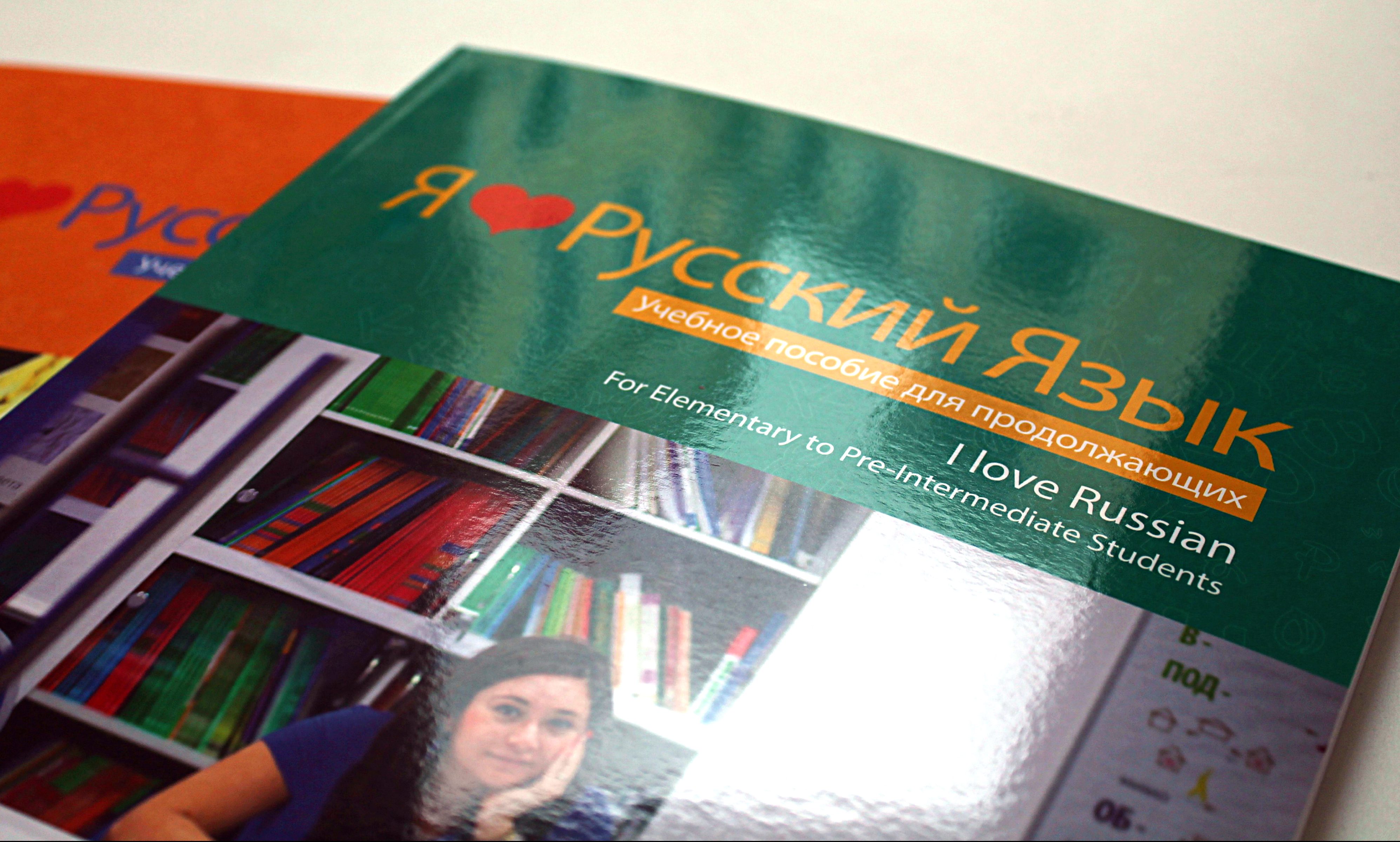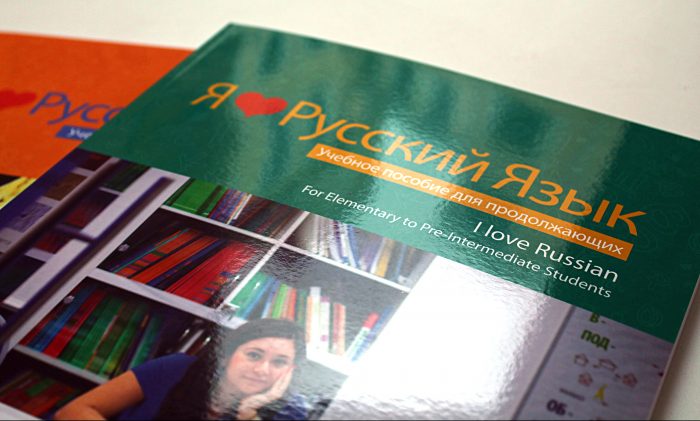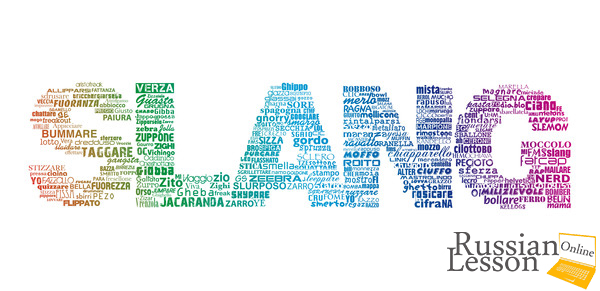
Most expats working in Russia have a few things in common on the Russian language front:
Sounds familiar? Improving your Russian as an expat is a bit like working out in the gym. We know we need to do it more often, but one day lasts only 24 hours.
I make a living promoting Russian both to international students and expatriates, and I thought it was only fair to share my very personal experience improving my Russian. This is in no way a blueprint for fast-track language proficiency. What worked for me might not work for you. If you had Russian at university, you are playing in a different league than your fellow expat who arrived here with almost zero knowledge. What follows are tips and ideas for expatriates which worked well for me and helped to improve my Russian:
Ask your Russian staff members and friends to speak only Russian to you. Encourage them to correct your errors and your pronunciation.
Write at least one mail/whatsapp message (to your friend, co-worker, boss) per day in Russian. Use the built-in spelling check.
Read out billboard ads, street signs, metro station names. Anything Cyrillic which catches your eye. If you don’t know the word, instant-translate with your smartphone.
Use Russian news apps for a change. Kommersant, RBK, Fontanka and others deliver news automatically to your mobile phone.
Use dictionary apps to look up words and flashcard apps to save them. Translate by Google also gives you explanations and synonyms, which is extremely useful.
There are great language learning apps and websites, but you want to talk to a real person who understands your specific needs. There is no need for a hyper-intensive crash course if you are going to stay in the country for a longer period. One or two sessions per week are absolutely fine, preferably early morning before you go to work.
Unsure about freelance teacher versus language school?
Have you been an expat in Russia and managed to improve your Russian skills? Please share your views and experiences!
Read also: The Interesting Russian Idioms

Students will be happy to learn that the Russian Government has today announced plans to make Russian language easier in an effort to simplify greater international engagement. …

In a previous post, we revealed that Russians don't really say “na zdarovje” when they toast. While the phrase has been popularised in English language media – and a lot of Russians will nod politely and clink glasses with you if you use it – it’s not something a native speaker would ever…

Improve your Russian while working as an expat? Mission possible! …

What could be a better way for Russian immersion than reading, especially when you read the books that you find interesting and that can give you a better idea of the culture of Russia? Co-founder of Liden & Denz, Walter Denz shares his experience on how reading Russian literature can improve your…

Learning a language is hard. Keeping it when you don't have classes is even harder. So this article is not about how to learn Russian, but how to maintain your Russian. …

Learning the Russian language can be a long, hard slog. Days, weeks, months spent poring over textbooks, attempting to understand the cases, crying over aspects, endeavouring to pronounce ы and щ. …

Many language learners desire to communicate well with native speakers of the language or those who speak it. I have always dreamt of talking more fluently and texting through social media with my Russian friends better. It is no exaggeration to say that good communication skill gives you an…

If you are already able to speak Russian, then congratulations! You are on a good way. But even if you are, let’s say, on level B2, you have probably been in situations with Russians, especially younger people, where you did not understand everything they said — either because they were speaking…